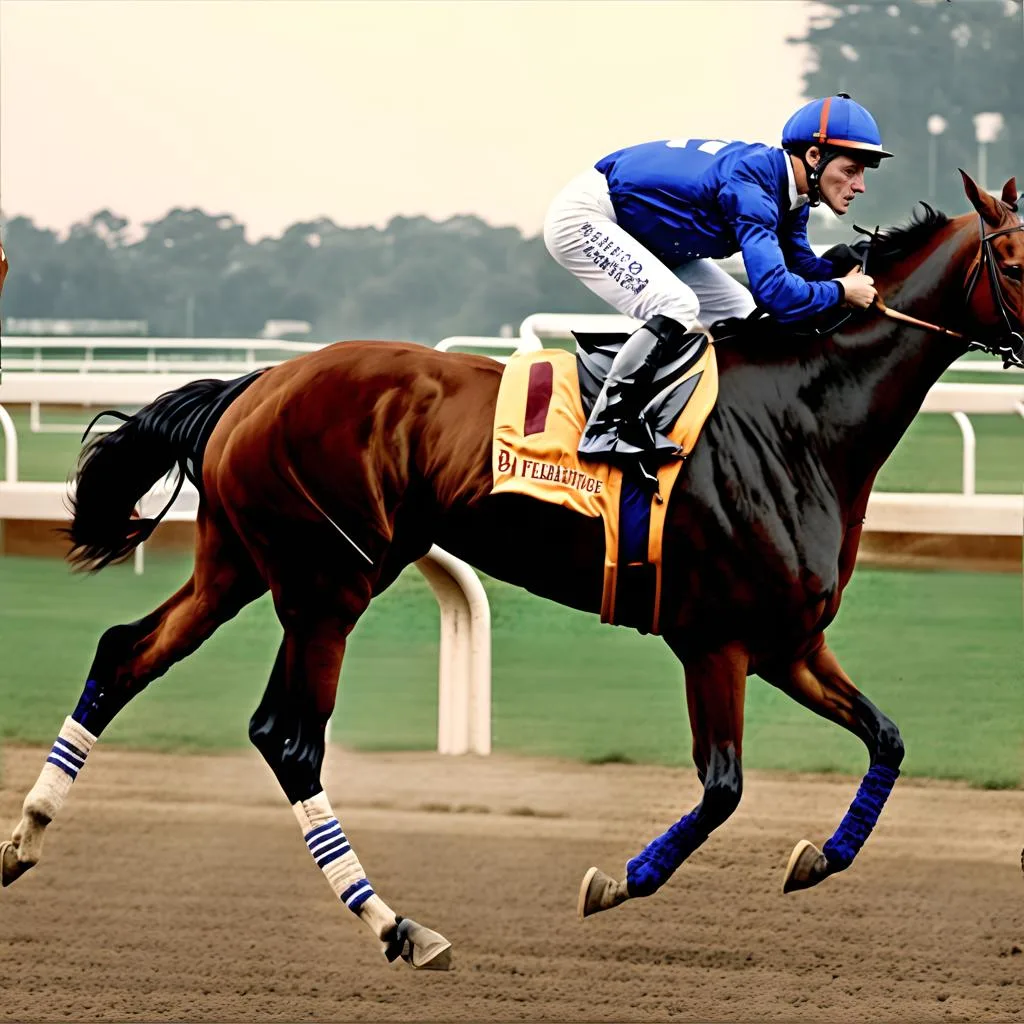
Bill Benter, the richest professional gambler in history, made a career out of using mathematics to swing the odds in his favor. Benter’s love for numbers, problems, and equations saw him pursue a degree in physics at Case Western University, where he discovered card counting. In 1985, Benter and his partner, Alan Woods, turned to horse racing in Hong Kong. Benter researched and developed a mathematical algorithm that could accurately and consistently predict the outcome of horse races. His algorithm factored in over 100 variables, resulting in over $50 million earned throughout the 1997 season alone. Benter’s model popularized many of the techniques used today, including statistical analysis, probability theory, and syndicate betting.
Collaboration and Teamwork
Benter’s model was a one-man show. He frequently turned to a whole manner of people, like journalists, analysts, and mathematicians to identify extra variables. Outside of the model itself, Benter hired a team of individuals to place the bets over telephone calls. Benter prefers making money over talking about it, and whilst other people gamble for pleasure, to him it’s all about business. He trusts mathematics above his own gut, which sets him apart from other gamblers. Benter’s mathematical model not only changed his life forever but also the whole of the gambling industry, making him and the model he built in the 1980s extremely relevant in today’s 21st century.
Rudimentary Betting System
Bill Benter, the richest professional gambler in the world, made his fortune by using a mathematical model to bet on horse racing. His model factored in over 120 variables per horse and earned him an estimated $100 million per season. Benter hired runners to place his bets manually after the practice of phoning in bets was banned during the 1997 season. This rudimentary system still resulted in winnings of over $50 million for the year.
Legal Gray Area and Widespread Adoption
However, the business-like nature of the betting schemes led to an investigation by the Hong Kong Inland Revenue Department. The threat of further investigation led Alan Woods to flee Hong Kong and settle in the Philippines. Although a somewhat legal gray area, the manner of business-like betting popularized by Benter and Woods is now widespread.
Zeljko Ranogajec, whose net worth stands above the $400 million mark, indirectly employs approximately 300 people and bets using a similar mathematical model to Benter on horse racing around the world.
Advancements in the Digital Age
In some ways, punters looking to improve their odds have an easier time of it than Benter did before the turn of the millennium. This is largely because statistics are much easier to come by in the digital age. More data means more variables can be tested, and if proven to predict performance, they can be incorporated into the model.
At its peak, Bill Benter’s model was earning him an estimated $100 million per season. It is no surprise then that many contemporary gamblers still use Benter’s model – or others inspired by it – today. However, with this analytical approach to betting being widespread, the advantage gained from using a model like Benter’s is limited.
Challenges in Modern Betting
Couple the tons of bettors with rapidly changing betting odds, and you soon find that the earning potential of each win is significantly smaller than it was in Benter’s time. Many places like the Hong Kong Jockey Club attempt to further level the playing field by notifying punters when large numbers of bets are suddenly put on a horse, thus indicating who syndicates are backing. This allows the average Joe to mimic the syndicate’s bets, somewhat negating their advantage.
Philanthropy and Personal Life
Although many people estimate his total winnings at the racecourse to total around $1 billion, Bill Benter’s exact net worth isn’t known. However, he’s widely accepted to be the richest professional gambler on the planet. As an extremely wealthy man, Benter has dedicated himself to helping those less fortunate. His philanthropy has included donating $1 million to the University of Pittsburgh and $3 million to polio immunization efforts in Afghanistan, Pakistan, and parts of Africa.
He also launched The Benter Foundation in 2007, an organization that has supported a large number of causes focused on improving living standards, boosting the arts, and protecting open spaces in Pittsburgh and across the States. The foundation has also supported scientific research including the University of Edinburgh’s work on Alzheimer’s disease and The University of Michigan’s research on opioid policy. Benter also lectures from time-to-time, with topics such as statistics and mathematical probability being taught by him at numerous universities including Harvard, Stanford, and The Chinese University of Hong Kong.
Benter lives in his native city of Pittsburgh with his wife Vivian Fung and their son Henry.